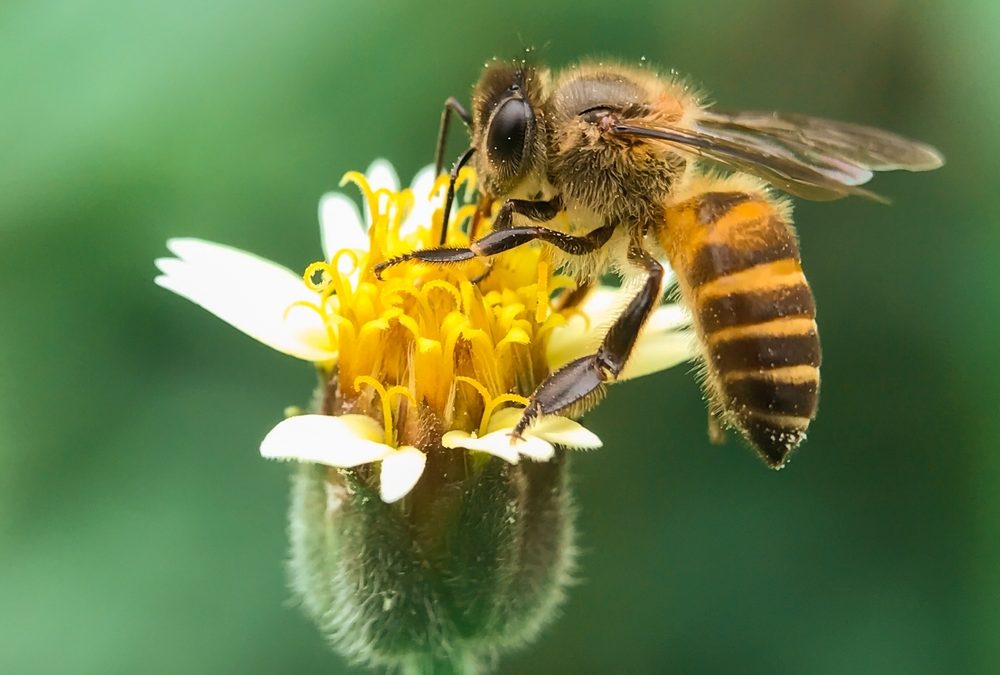Source: Sask Today
A two-year study by the University of Saskatchewan on honey bee health in canola fields is nearing completion, with encouraging early results. Conducted by researchers Emilio Tellarini Prieto and Marcelo Camilli, the study investigates the effects of pesticides—particularly neonicotinoids—used in canola production on honey bees. Though these insecticides are systemic and can affect nectar and pollen, the researchers found that honey bee colonies placed in treated fields thrived, producing strong honey yields.
This suggests that pesticide levels remained within a safe range, especially since most growers apply them when bees are not foraging. The study also examines pesticide effects on wild pollinators, such as butterflies and wild bees, and emphasizes the mutual benefits between honey bees and canola crops. While final pesticide analysis and winter survival data are pending, the research supports a balanced approach to crop protection and pollinator health. A full report is expected by summer 2025, offering hope for sustainable agriculture practices.
Read the full story HERE: https://www.sasktoday.ca/southwest/assiniboia-times/two-year-bee-study-nearing-completion-10393326

